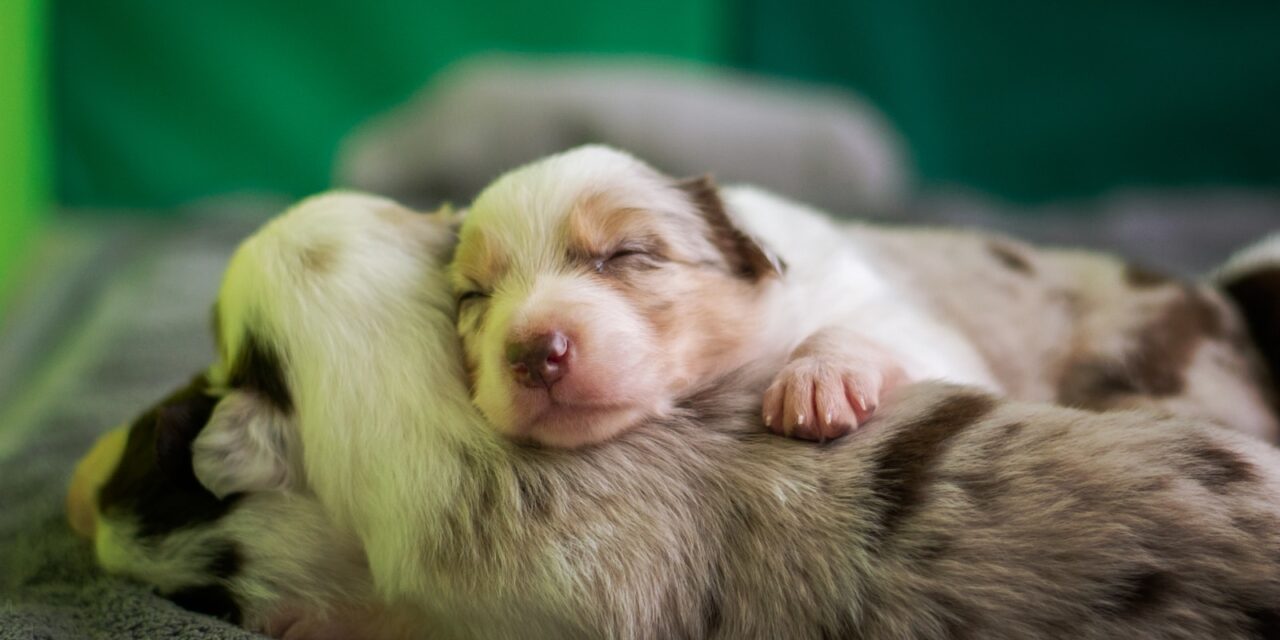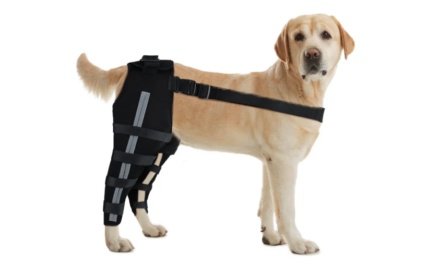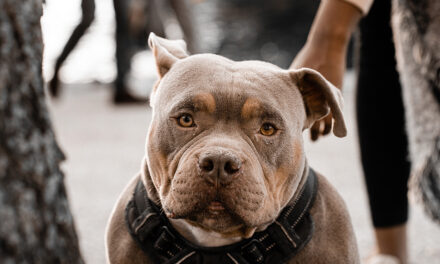The British Veterinary Association (BVA) and British Small Animal Veterinary Association (BSAVA) have jointly urged the government to enforce licensing for all premises offering canine breeding services, including fertility clinics.
This call comes amidst growing concerns about unregulated breeding practices. Recent exposés by BBC One’s Panorama and BBC Three’s ‘Britain’s Puppy Boom’ uncovered instances of illegal medical procedures performed on animals at unregulated breeding facilities. These practices, lacking veterinary oversight, jeopardize the health and well-being of dogs and their litters, highlighting the urgent need for stringent regulation.
Vet Concern Over Unregulated Breeding Services
According to BVA’s survey, more than 9 in 10 vets are worried about the rise of unregulated breeding services, offering procedures like semen collection, artificial insemination, and ultrasounds without veterinary supervision. 30% of companion animal vets reported the existence of such establishments in their local areas last year.
The BVA and BSAVA have proposed key recommendations to the government, including amendments to animal welfare licensing legislations, enhanced penalties for non-veterinarians conducting veterinary procedures, and improved enforcement capacity for local authorities.
BVA and BSAVA’s joint policy position document presents comprehensive recommendations for legislative amendments, licensing requirements, and enforcement measures, aiming to close legal loopholes and ensure the welfare of breeding dogs and puppies.
Poor Breeding Practices
Dr. Elizabeth Mullineaux, BVA Junior Vice President, highlighted the urgent need for government action to curb unregulated breeding practices that compromise animal welfare. BSAVA President Carl Gorman stressed the necessity of strengthening legislation and supervision to address animal welfare concerns arising from poor breeding practices.
“Poor breeding practices can have a detrimental effect on the health and welfare of breeding dams, stud dogs and their offspring, affecting long-term physical health and behaviour. The resulting adverse impacts are of no benefit to either the dogs involved or the prospective owners of puppies,” he said.
“Strengthening the relevant legislation, requiring those individuals involved in breeding services to be adequately trained and ensuring appropriate supervision of canine breeding activities, are essential to ensure we improve the current situation and address animal welfare concerns.”
Taking Action
The joint policy position on canine breeding services, along with reporting details for vets to report concerns, is accessible through the BVA website, urging swift government action to address these pressing animal welfare issues. To view the full joint policy position on canine breeding services by BVA and BSAVA, visit: BVA Canine Breeding Services.
Vets can report concerns about unregulated canine fertility clinics here.








